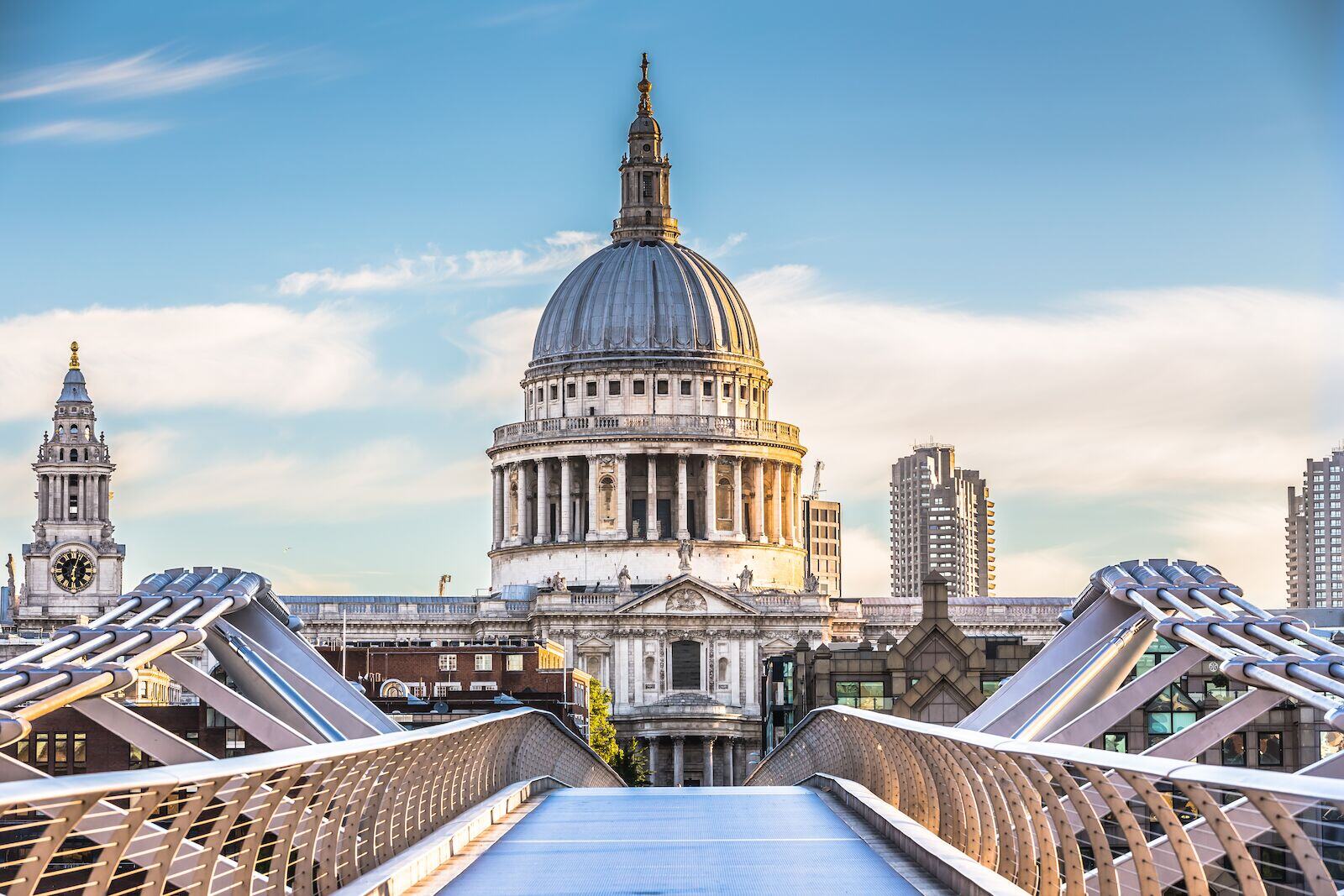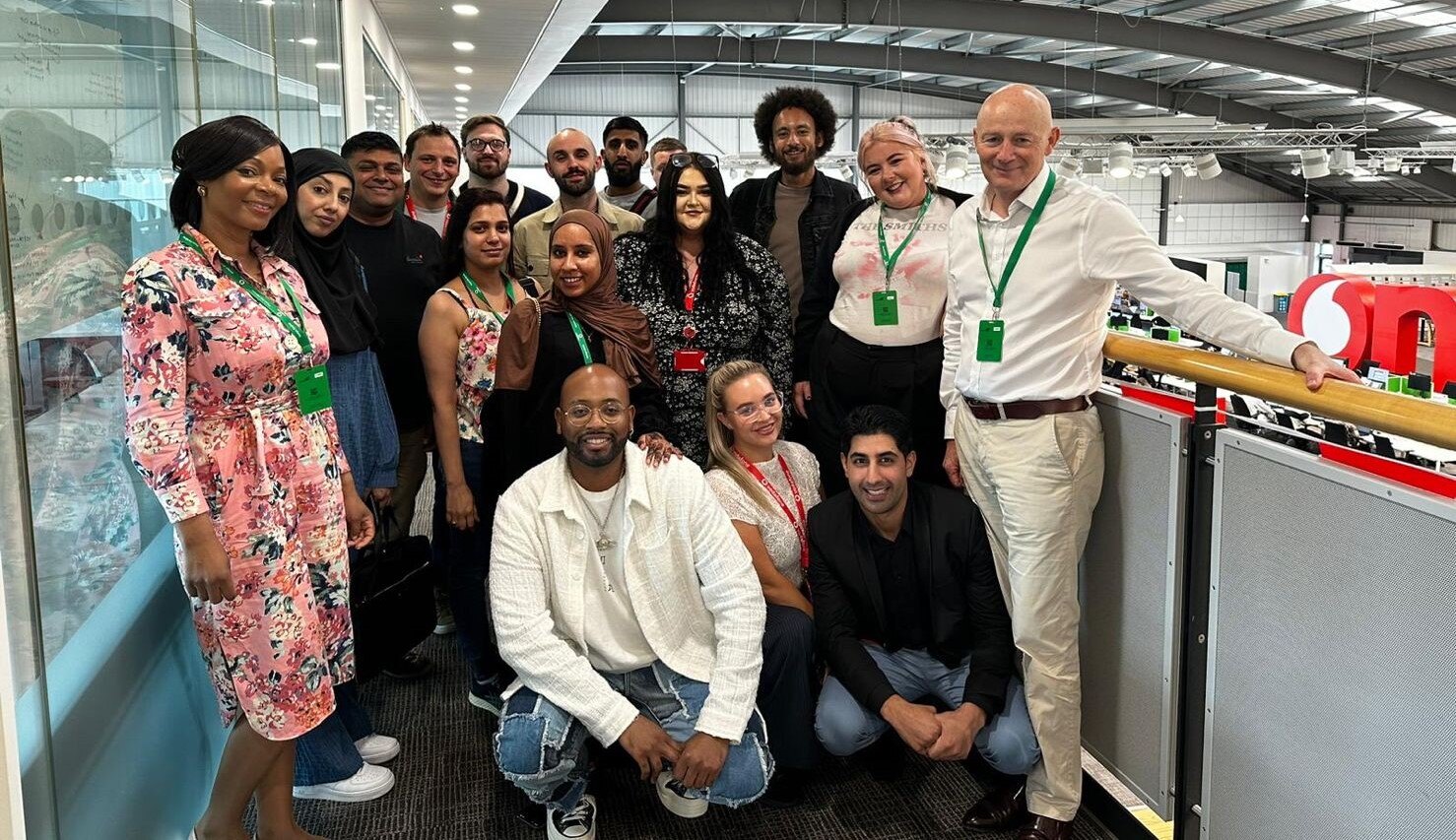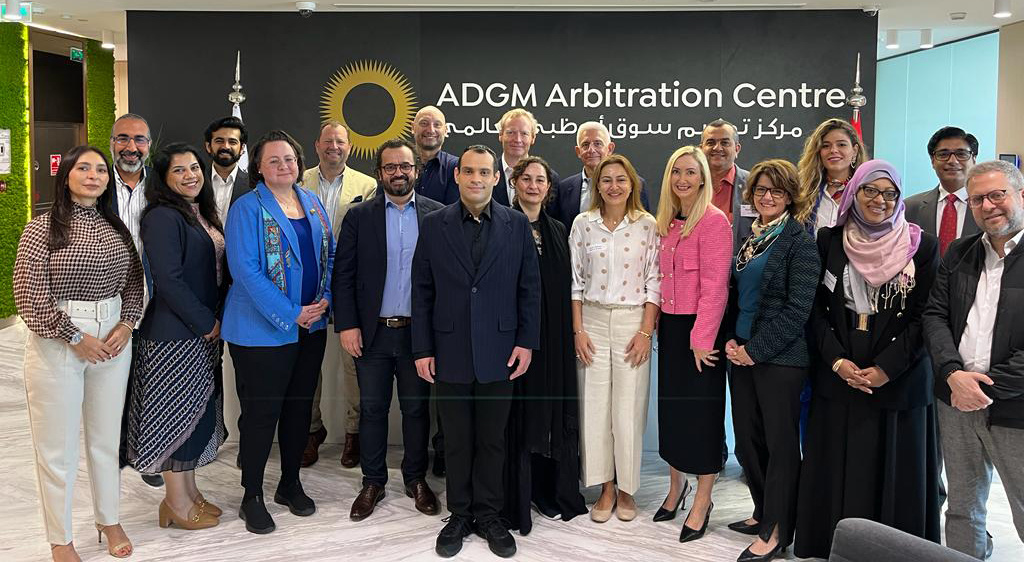Share this
CEDR's Strategic Evolution - Shaping a New Era of Social Impact
by James South on 26/06/24
This article was written by James South and Dr Karl Mackie CBE, CEDR's CEO and Founder President.
In Brief
CEDR's future strategy is about amplifying the ‘how’ of doing disputes and dialogue better. Ultimately, disagreement and discussion are the forces needed to drive innovation, performance and wellbeing, provided they are done well.
Building on our legacy and experience of embedding mediation within legal systems and training mediators domestically and abroad, we are embarking on a strategic transformation aimed at enhancing our social impact and delivering better and more sustainable outcomes from conflict.
- 1. Understanding your Purpose
- 2. Historical Foundations
- 3. Rethinking Strategy for Broader Impact
- 4. Empowering Individuals and Teams with Practical Conflict Engagement Skills
- 5. Bringing Together People and Process
- 6. Integrating Dialogue Management into Global Challenges and Social Conflicts
- 7. Conclusion - Rethinking Conflict
Table of Contents
Understanding Your Purpose
Since 2022, CEDR has been based within a stone’s throw of St Paul’s Cathedral in the City of London. This iconic London landmark was redesigned and rebuilt by Sir Christopher Wren following its destruction in the Great Fire of 1666.
During the rebuild in 1671, Sir Christopher visited the site and observed three craftsmen hard at work atop a scaffold. He approached them individually to ask what they were doing.
The first man said, “I’m working hard, laying bricks to feed my family.”
The second man stressed, “I’m using my skill as a stone mason to strengthen the walls.”
Finally, he asked the third, who responded, with a gleam in his eye, “I’m building a great cathedral to honour the Almighty.”
This story has been retold many times over and in different ways, but each version highlights the power of a higher purpose as a motivation for your work.
Since 1990, our work at CEDR has been about the bricks and mortar of delivering effective dispute resolution and training services, ultimately motivated by the ‘higher purpose’ to improve how conflict is managed in society. This is reflected in our vision statement – Better Conflicts, Better Outcomes, Better World.
In 2024, CEDR’s purpose and mission is evolving. Building on our legacy and experience of embedding mediation within legal systems and training mediators domestically and abroad, we are embarking on a strategic transformation aimed at enhancing our social impact and delivering better and more sustainable outcomes from conflict.

Historical Foundations
CEDR was formed to help embed assisted negotiation techniques within legal frameworks both in the United Kingdom and in jurisdictions around the world. With a strong focus on mediation, we helped ensure alternative dispute resolution (ADR) processes became integral and respected components of the legal landscape with a view to improving outcomes from disputes and minimising their impact on individuals, businesses and society.
This was achieved through working closely with governments, judiciaries, legal communities, businesses, and wider stakeholders to bring about meaningful change in how society resolves disputes.
The recent UK court developments affirming mediation's integral role in the justice system mark a significant milestone in these efforts. Given this, some might say our original mission had been fulfilled, however, there is still much work to be done in this traditional mediation space. So as part of our strategy we reaffirm our commitment to continue to develop and provide mediation and other dispute resolution services in the civil and commercial disputes arena.
Rethinking Strategy for Broader Impact
However, what we have learnt from 30 years of dispute resolution practice is that the process and skills of mediation can be deployed much more broadly than just legal disputes.
As we have seen just in the last 4 years, the intensity and frequency of conflict has increased significantly across all aspects of our lives. This includes political polarisation, clashes between employers and activist employees, ESG-related challenges and disputes emerging from an ever more complex global economy.
These conflicts are not in themselves necessarily bad, and if handled well can result in positive change. What has broken down is HOW we are engaging in these conversations.
We live in a world of increased polarisation amplified by the echo-chamber of social media. People increasingly take the extreme of arguments – with everything being black or white. No one is prepared to, or have the skills to, listen to understand what is in between these extremes, and to appreciate that there are a rainbow of interests and different perspectives.
These conflicts can be a force for good, but not how individuals, businesses and communities currently approach them. It is in this space that CEDR has an important role to play in helping improve the quality of disputes and dialogues taking place across society at this time of rapid social and technological transformation. By teaching individuals to harness the transformative power of conflict engagement in day-to-day interactions, CEDR aims to diminish conflicts before they necessitate formal dispute resolution.
Therefore, we are not changing our purpose rather we are expanding its reach, aiming to explore new frontiers that leverage our existing expertise and experience in mediation and the skills of a mediator and look to deliver impact in three key areas.
- Empowering Individuals and Teams with Practical Conflict Engagement Skills
- Bringing Together People and Process
- Integrating Dialogue Management into Global Challenges and Social Conflicts
Empowering Individuals and Teams with Practical Conflict Engagement Skills
Regardless of what you do, you have to interact with people.
Whether you are discussing new ideas, giving difficult feedback, negotiating with suppliers, managing internal and external stakeholders, working with emotionally charged customers or facilitating meetings, the opportunity and challenges lies in how you deal with interpersonal relationships.
The challenge to prevent disagreements escalating into disputes and the opportunity to enhance collaboration, innovation and belonging.
The majority of people progress through their career through technical excellence. This is understandable and of course, necessary. Most too develop, to varying degrees of success, so-called ‘soft skills’. Leaving aside CEDR’s dislike for this term (these skills are often the hardest to master), as the world of work increasingly reflects society, becoming more complex, diverse and polarized, there is a real need for invest in skills that allow them to thrive in this new environment.
In the last five years, the diversity of people training to become CEDR-Accredited Mediators has exploded. Traditionally, the majority seeking this training were lawyers looking to become mediators themselves or to help their clients involved in disputes. While this demographic remains a core part of our training, we are delighted to see people from professions such as quantity surveyors, project managers, medical professionals, sales leaders, c-suite executives, HR business partners, in-house counsel and even religious leaders. Working with these people shows how the skills of a mediator, the skills of negotiation, working with emotions, designing engagement processes, active listening and empathy, to name a few, can make a difference across all sectors.

As part of our evolving mission, we are beginning to embed these core conflict skills into more and more organisations. Whether it is working with telecommunications providers to transform the ability of their specialist care teams to deal with the most vulnerable and exacerbated customers or helping a pharmaceutical company to develop an internal ombuds service as part of their global speak-up and corporate ethics initiative, organisations are increasingly willing to invest in hard, not soft skills, in order the shift the dial when it comes to performance.
Bringing Together People and Process
Too often, the conventional approach to tackling conflict in an organisation is to look at the challenge in isolation and therefore deploy piecemeal interventions. Commonly, this will take the form of one-off training for managers or HR in the hope this will be enough.
Investing in your people is critical, but it is only one part of solution. What forward-thinking companies realise is that effective dialogue and dispute mitigation, are two-sides of the same coin and therefore need an integrated approach that brings together people and process.
This involves wider considerations such as policy development, communications, recruitment and change management and how they are connected as part of a broader system and strategy.
Building on our work with international jurisdictions on embedding civil justice reform to minimise the cost of civil litigation, we are increasingly advising supranational organisations, and governments on how process improvements can be made to allow them to tackle new and complex issues.
Integrating Dialogue Management into Global Challenges and Social Conflicts
As global challenges become more complex, from climate issues to international peace, there is a growing need for robust conflict resolution and dialogue management mechanisms. CEDR’s goal is to foster a culture where dialogue and negotiation are foundational to addressing and solving global issues.
In addition to these global challenges, as previously mentioned the rapid transformation of society is causing social conflict to emerge. From changing working practices to speak up culture and employee activism, these issues need nuanced and respectful conversations to take place, often in a broader context which is febrile and polarised.
When conversations are part of a wider and important social or interpersonal challenge, we tend to drop the word ‘conversation’ in favor of ‘dialogue’. The language of dialogue usually implies a context of mutual respect for differences and a willingness to open up exploration of those differences in a respectful way.
Historically, organisations have taken an ad-hoc approach to such issues. This is changing.
As society and economies become more complex so too do the challenges. In response, companies are facing a tougher regulatory environment aimed at protecting consumers as well as demands from stakeholders including employees, customers, shareholders and NGOs.
CEDR is starting to work more and more on the design and operation of new and innovative schemes and mechanisms to manage and resolve specific conflicts.
This ranges from in-house mediation schemes for companies looking to better handle workplace conflict right through to grievance and accountability mechanisms for industry regulators. On the regulatory front, companies are being required to set up escalated complaint processes, many of which CEDR designs and operates on a bespoke basis.
Fundamentally, an effective and proactive approach to conflict involves anticipating disputes and realising that by designing in advance a process to deal with them, delivers better and more sustainable outcomes than waiting until the crisis lands.

Conclusion - Rethinking Conflict
CEDR's future strategy is about amplifying the ‘how’ of doing disputes and dialogue better. Ultimately, disagreement and discussion are the forces needed to drive innovation, performance and wellbeing, provided they are done well. Helping individuals, organisations and societies achieve this is at the heart of what we do.
Our strategic refresh is also an open invitation to the community of practitioners, supporters, and organizations to join in realizing this vision. CEDR aims to cultivate a collaborative environment where shared knowledge and practices in mediation can contribute to societal wellbeing and economic stability worldwide.
CEDR’s evolving strategy underlines mediation not merely as a tool for legal disputes but as a fundamental skill for managing everyday interactions within organizations and in broader societal contexts.
By broadening the application of its mediation expertise, CEDR is setting a transformative agenda that could redefine how we interact at every level of society. The future according to CEDR is one where every conversation is uplifted by the principles of empathy, clarity, and mutual respect—key tenets that will lead to better outcomes not just for individuals, but for the globe.